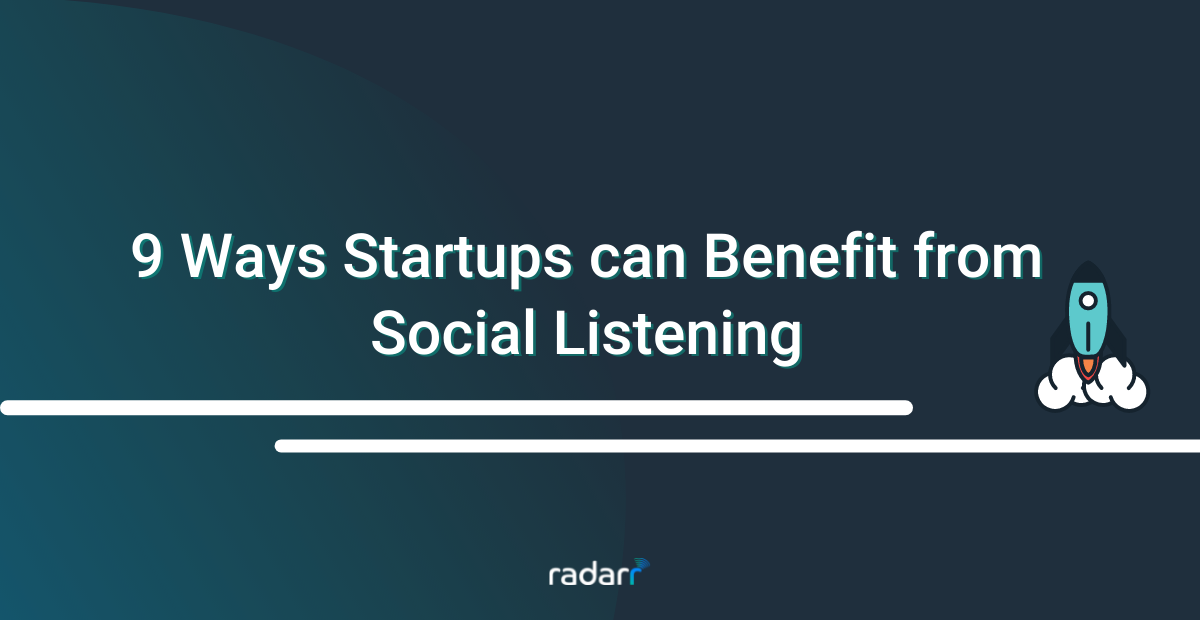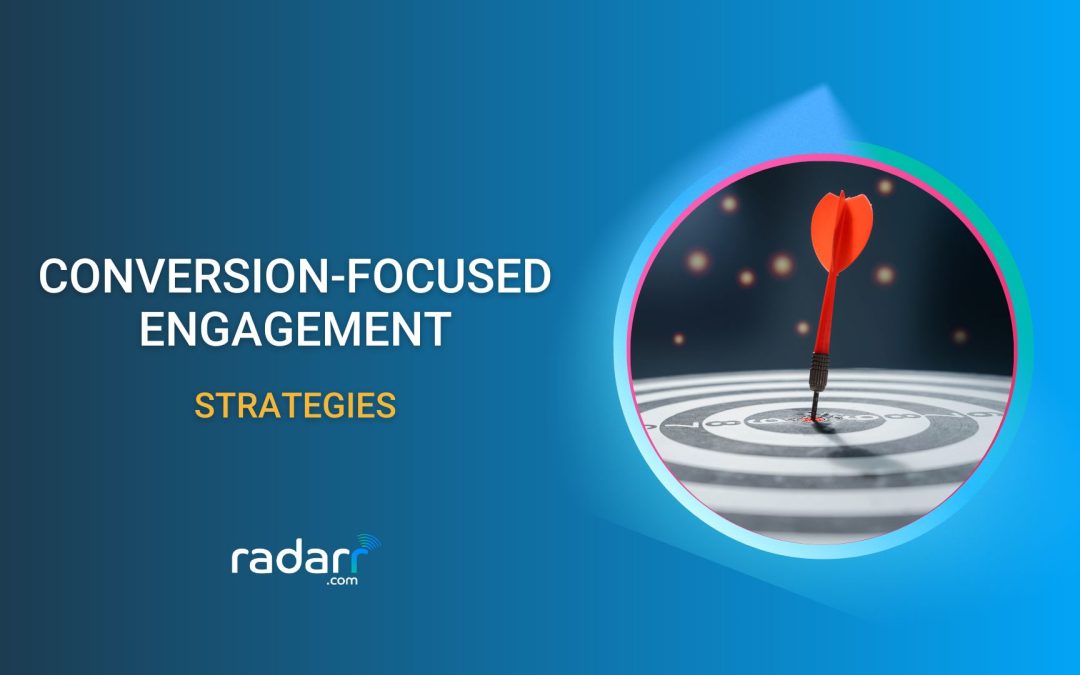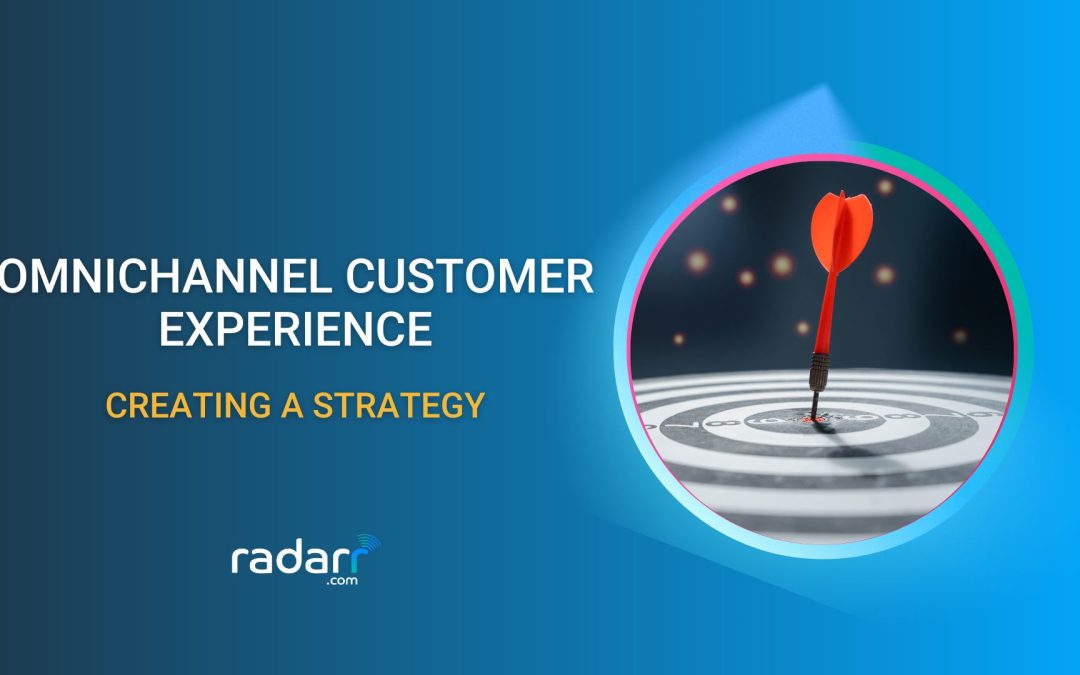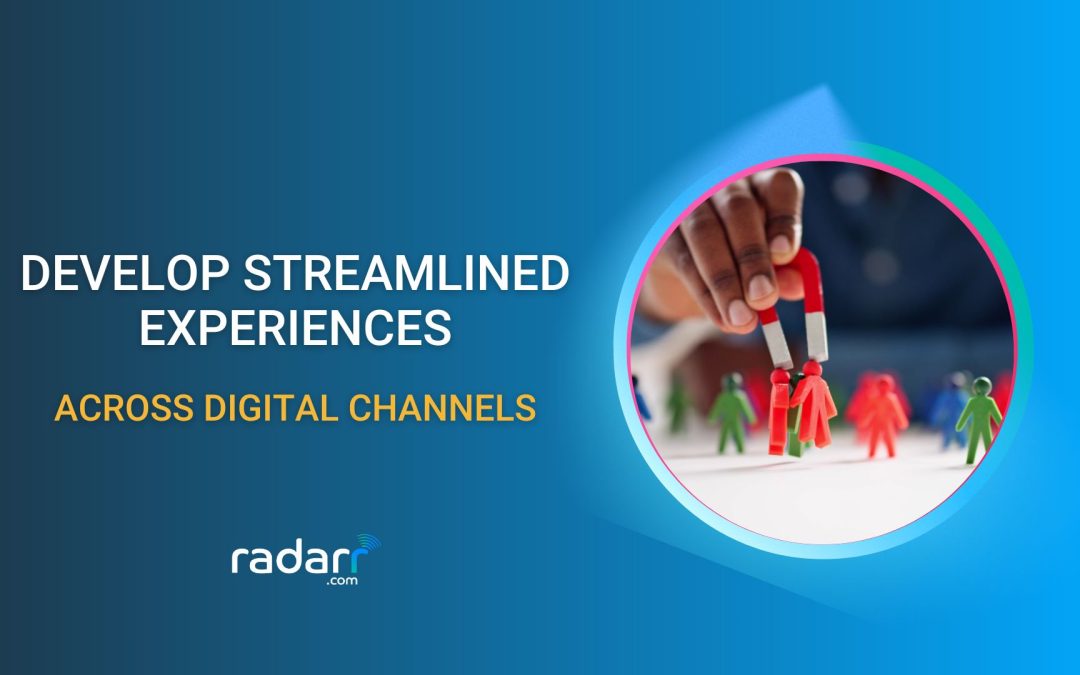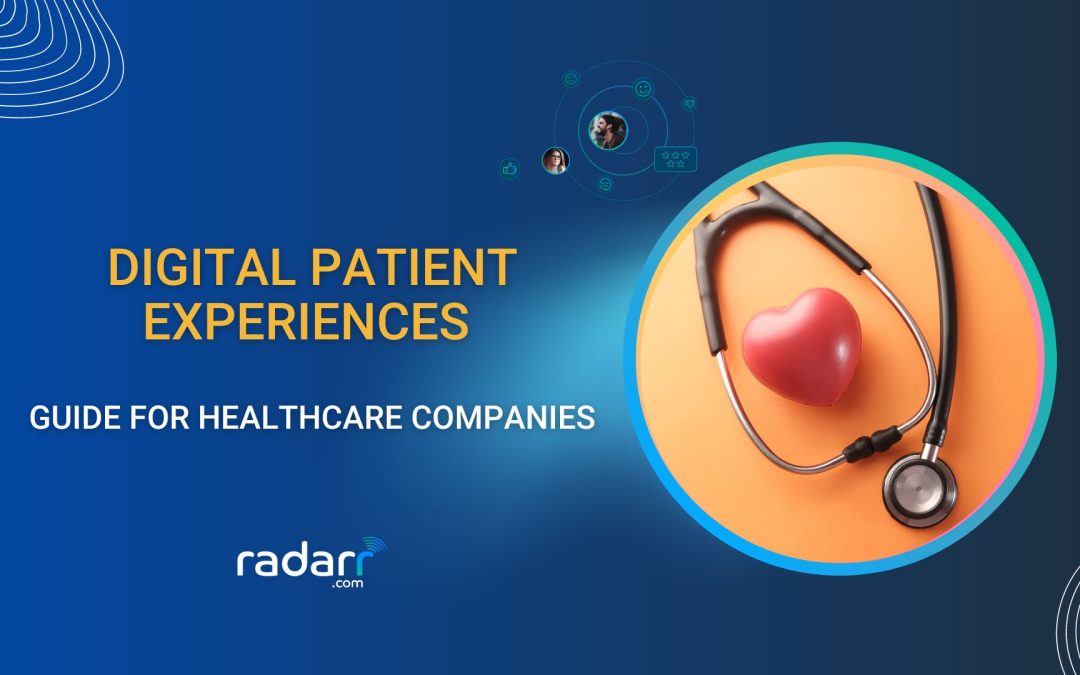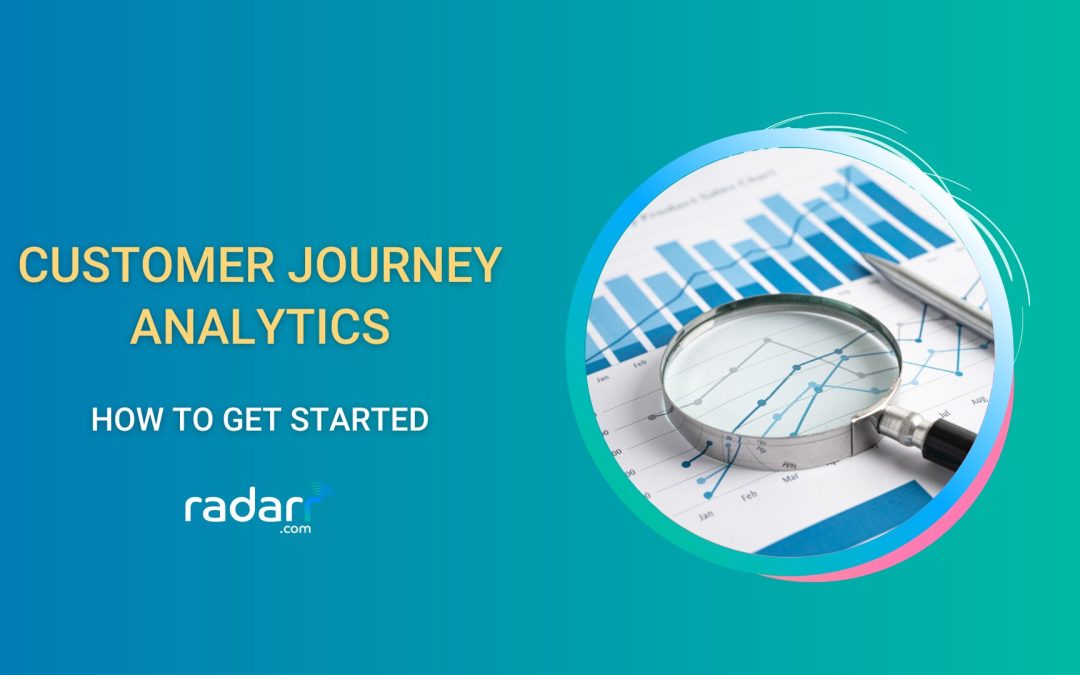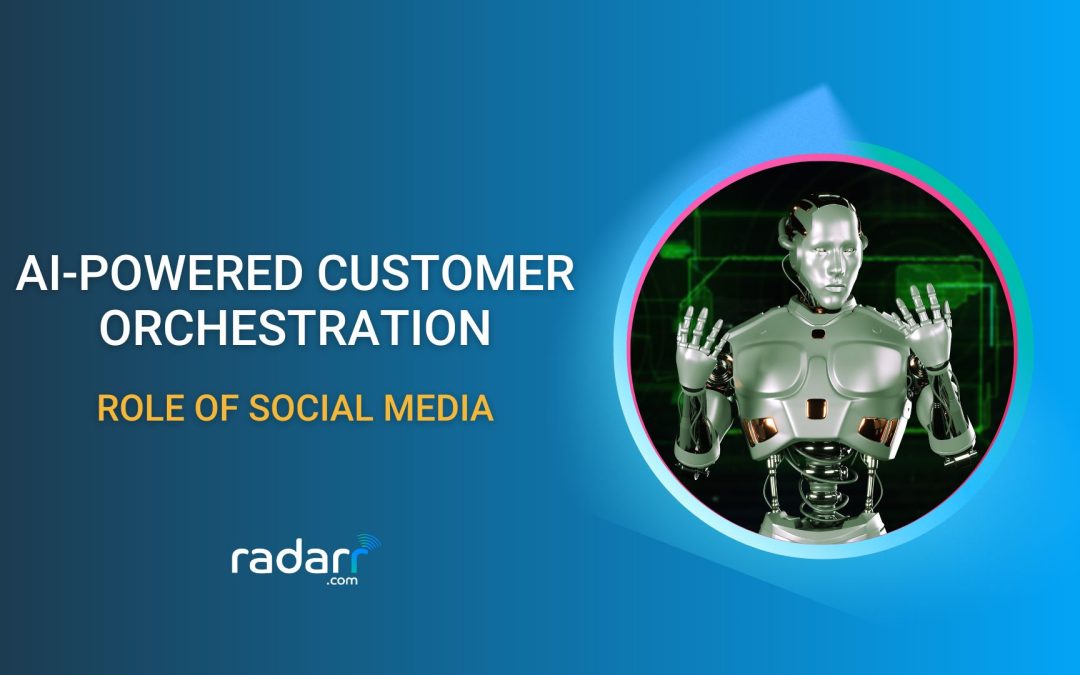So you’re a start-up. You just turned your idea into a reality and the sky’s the limit. You might think the next roadblock is getting your first 100 users or reaching the unicorn phase, but it’s not that simple. The next roadblock is quite simply, to get noticed.
It’s a well known fact that over 90% of new start-ups fail. But a fact you may not have known is that over 42% of start-ups fail due to inadequate market research and poor marketing strategies.
In many cases, start-ups aren’t clear with who their market is, what the market size is, and how to reach their market. And even if they do, marketing is a fairly expensive process that requires a large amount of funds. It’s rare for start-ups to possess these kinds of financial resources.
What you need is a cheaper way to achieve multiple marketing functions, and this is when you turn to social listening.
What is social listening?
Social listening is a continuous process of tracking and analysing online comments, conversations, and trends. A social listening tool crawls the entire social media ecosystem and monitors what’s trending, what content your target audience is engaging with, and what your competitors are up to.
Learn more about social listening.
Social listening starts right at the beginning with audience research and goes right up to what feedback your audience gives you. Through social listening, you find a plethora of insights that can be used for functions like audience research, competitor research, brand awareness, lead generation and influencer marketing. Let’s dig a little deeper into this.
Here’s why your startup needs a social listening tool-
1. Find your audience
Ever feel as if you know a person but then later find that you really don’t? That can happen sometimes in the world of social media. Especially to a start-up, since you’re still figuring out who your audience is.
A social listening tool can help you track industries, topics, trends, comments, and people that are relevant to your start-up. This is how you can discover the audience that will be interested in what your start-up has to offer.
You can then dive deeper and get more data on this audience segment. You can understand what topics interest them, what they like to talk about, and how they engage with content.
You can also discover which social media platforms your audience spends time on and start to focus your efforts there.
Once you identify your audience, it’s a good idea to start engaging with them. Get to know them, find their interests, likes, and dislikes. Ask for their opinion, let them tell you what they need and want. This is how you can build customer personas with social listening.
2. Become a part of relevant conversations
Initially, there will be very little to no talk about your start-up. Users won’t know who you are and what you do. However, it’s essential for you to start creating buzz and chatter around your start-up.
One way to do this is to let your audience give you a piggyback ride. Start joining into their conversations. Talk about what they’re talking about. Add to the topic of discussion and give them value. Start posting about these on your social media and forums. A social listening tool will alert you whenever a conversation regarding your selected topics and keywords gets initiated.
Once you start adding valuable insights for your audience, they’ll start talking about your brand and that will get people to start noticing you.
3. Get a step ahead of your competitors
Another major reason why start-ups fail is that they can’t survive the competition. In order to survive, a start-up always needs to be monitoring what its competitors are up to. There are two ways you can benefit from keeping tabs on your competitors’ social media activity;
One, find out what they’re doing right and grab on to it as soon as you can.
Second, find out what they are doing wrong and dive in to fix it for the consumers.
A social listening tool will tell you how many mentions your competitors get and whether they’re positive or negative in nature. You’ll find out if they’ve launched a new campaign, who they’re targeting and also when their customers are unhappy with them. It will uncover the features that are popular for your competitor and those that are in demand.
All this in real-time, so you can make decisions without wasting time and always have the first mover advantage.
4. Find the right influencers to give your startup a jumpstart
A common problem that start-ups face is that of getting users to trust them and their product. It’s human nature to take the tried and tested road. One way to win the trust of your consumers is through influencers.
For instance, Grammarly brought in Cynthia Johnson, a well known entrepreneur to start using their product and advocating it.
Influencers could be the reason your start-up takes off. The influencer marketing industry is expected to hit $16.4B this year. The potential is huge with 49% of consumers depending on influencer recommendations for their purchases.
But it’s often a challenge to Identify influencers who match your brand personality and also resonate with your audience.
Social listening helps you identify those users who talk about your brand in a positive light.
It tracks positive conversations and identifies the people who initiate these conversations. These are the people who you can reach out to and promote your brand naturally.
5. Create relevant content that boosts awareness
Getting started with content marketing can be tough. You will grow on social media when users find your content relevant and relatable to their interests as well as to what’s been trending on the internet.
Let’s take a look at Zomato. Here, Zomato posts a meme that references popular TV series ‘Breaking Bad’ in order to be relatable to its target audience.
As a start-up, it’s essential for you to let people know that you exist. The first thing social listening does for you is it checks your brand awareness and share of voice. This helps you set standards and strategize.
Next, it helps you create content. It does this by analysing what kind of content is being consumed and is in demand. It tracks topics, hashtags and keywords to know what people are talking about.
Other than letting you know of upcoming trends, social listening tools also use AI to predict what might trend in the future. Thus, you can plan your content around this data and provide value for the consumers, thereby increasing brand awareness.
6. Generate leads
The only way for a start-up to truly grow is by acquiring customers through leads. However, generating leads is probably the most challenging marketing function. Leads are never easy to get and are never enough in number. But the good news is that social listening helps you discover new leads that are still ‘hot’.
You can track complaints, reviews, queries and comments about your competitors and other similar brands. Respond to these comments and offer help and value.
Some of the things that can be tracked to generate leads are
- Brand mentions
- Industry keywords
- Problem specific terms
- Help-specific terms
- Competitor brand mentions
7. Social media response and customer service
Initially, a lot of start-ups report getting negative comments and reviews from their users. However, this is your chance to show your customers that you value them and what they say is important to your brand. Start by addressing every query and comment that comes your way.
Once you have several thousand followers and are present in multiple social networking platforms, it becomes nearly impossible to keep track of all the messages and mentions.
In all that clutter, you lose out on important and urgent conversations.
A customer who needs assistance or a terrible review which needs to be addressed, can often get lost in the multitude of conversations.
A social listening tool will allow you to organise these conversations and reply to all conversations across multiple channels, on one single platform.
A lot of start-ups initially grow due to the personal touch and relationship they share with their audience. This is something that remains exclusive to start-ups as it’s something larger brands aren’t able to do.
Getting timely and personalised replies from brands, boosts positive sentiment and helps grow the brand community.
8. Protect your reputation
89% of customers read online reviews before making a purchase. Thus a single negative comment in the initial stage of a start-up can lead to a crisis. It’s very important for a start-up to start with a good reputation if they want to thrive.
A social listening tool alerts you as soon as there’s a negative statement made. Thus you can address it right away and offer a solution
Also, you can learn how to get positive reviews here.
9. Measure your efforts
When you’re present on various social media platforms, it can become difficult to track your efforts and growth. Again, social listening comes to the rescue.
As a social listening tool tracks data on all your social media platforms, it analyses all key metrics and creates reports. What you have on your dashboard is a comprehensive analysis of key metrics, such as volume of conversation, reach of mentions, share of voice, engagement, number of leads, influencer analysis and sentiment score.
To conclude
As a start-up, you may have come up with the most groundbreaking product ever created, but the unfortunate reality is that a strong product isn’t enough to acquire customers. You need to market extensively and smartly in order to succeed. You need to adopt creative and cheaper techniques to market your product. The amount of insights and data you get from social listening can be leveraged in countless ways. It’s time to start social listening, the possibilities are endless.
Here is the complete guide to Instagram social listening.
Not sure how to start social listening for your start-up? You can book a free demo here.

